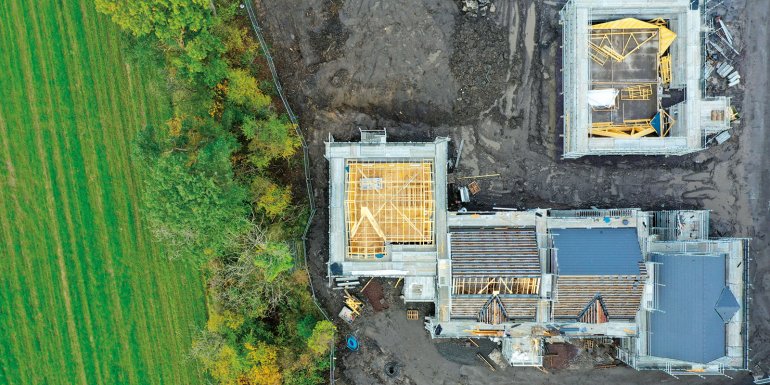Report reveals biodiversity net gain risks

According to a National Audit Office (NAO) report, there are risks to the effectiveness of a government policy, launched in February, to make sure developers in England protect or improve biodiversity on land they are developing.
As part of the Department for Environment, Food and Rural Affairs’ (Defra) 2021 Environment Act, a development is required to have a measurably positive impact (net gain) on biodiversity compared to what was there before. This is the first time a government has introduced statutory biodiversity net gain as a national legal requirement.
Developers must improve the habitats they harm by a net 10%, ideally on-site. When on-site gains are not enough to meet the 10% requirement, off-site gains can be created by the developer elsewhere or purchased through a new private market for biodiversity units. It is being implemented in three stages, with major developments in scope from February 2024, small developments from April 2024 and nationally significant developments from November 2025.
The NAO report noted that Defra had launched a novel and complex biodiversity scheme without having all elements in place to ensure its success. For example, it does not have a comprehensive source of information of habitat enhancement taking place on-site; it does not provide central monitoring of how well on- and off-site biodiversity gains are being enforced by local authorities; it is still developing a way to spend money it receives from developers on biodiversity; and it has no way to judge whether its policy is working. NAO says that Defra must address these issues or risk the effectiveness of the scheme.
Read more at b.link/NAO_biodiversity










